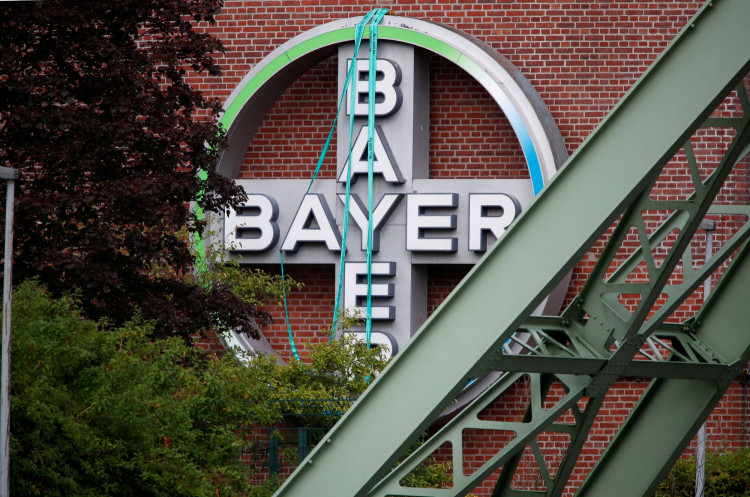Bayer and BASF have been ordered by a jury to pay $265 million in punitive damages to a peach farmer in Missouri over damages to his crops allegedly caused by dicamba-laced weedkillers produced by the companies.
The decision, which was made official on Saturday, awarded Campbell resident Bill Bader. The peach grower sued both BASF and Bayer after a good portion of his crops were damaged when weed killers used in neighboring farms drifted into his trees. Bader Farms is currently one of the largest peach farms in Missouri.
Bader's lawsuit is just one of a number of other lawsuits filed against Bayer and BASF over their pesticide products, which had allegedly caused massive damages to farms across the country.
Dicamba, a broad-spectrum herbicide first registered in 1967, has been in use in farms across the country for over 50 years. The development of dicamba-tolerant cotton and soybean crops has led to increased use in the particular pesticide, which has led to complaints of it drifting into other farms with non-resistant crops.
Lawyers for both companies previously argued that the damage to Bader's peach orchards was not caused by their products, but was instead a result of a root fungus infection and adverse weather conditions. Bader's lawyers countered that both companies knowingly increased its use of its dicamba-laced weed killers following the introduction of new dicamba-tolerant crop varieties.
One of Bader's attorneys, Billy Ranles, noted that Bayer had internal documents that outlined the anticipated damage from dicamba drift into other farms. Based on the evidence, Ranles pointed out that the companies were aware of the possible damage even before they released their new crops and weed killers.
Despite the claims, both companies are still standing by their innocence, arguing that there wasn't enough evidence to tie the damages on Bader's operations to their product. Bader's camp claims that it was BASF's popular form of new dicamba spray called Engenia that drifted into Bader Farms. However, BASF's lawyers argue that no witnesses could confirm that the product was the source of the damage to Bader's crops.
Apart from crop damage, Bayer is also facing multiple cases related to its weed killers allegedly causing non-Hodgkin's lymphoma. A trial in St. Louis was expected to be held on Friday last week but was later postponed. Bayer is reportedly in talks with plaintiffs for a possible $10 billion settlement.
Bayer, formerly Monsanto, is facing hundreds of lawsuits from people who had allegedly contracted cancer after continued use of its popular weed killer, Roundup.





